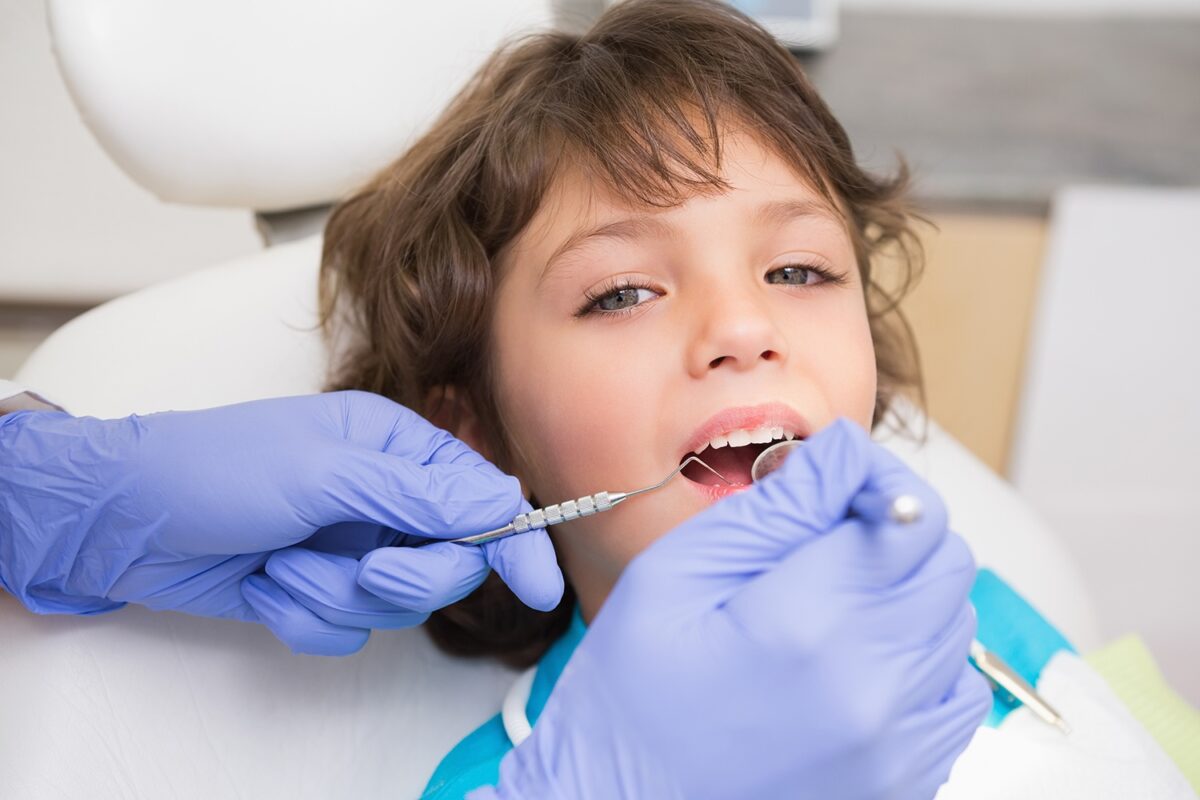Blog
Dental hygiene tips for healthy teeth & gums

Teeth Grinding (Bruxism): Causes and Treatments
Have you ever woken up with a pain in your jaws or a severe headache? If yes, this must be because your teeth have been practicing grinding overnight. Teeth grinding, also called Bruxism, may not be a critical dental issue, but in some, they can cause misalignment of teeth and even promote gum diseases.
What is Bruxism and what are the symptoms
Bruxism is a condition in which you grind and clench your teeth when you are sleeping or in the consciousness. Sleep bruxism may be accompanied by many other sleep orders like snoring or sleep apnea( pauses in breathing). Now you may be suffering from sleep bruxism and remain unaware of the complications until they become severe. Thus, to seek timely treatment, you need to be aware of the signs and symptoms.
Have a look at the common symptoms
- Teeth clenching and grinding, sometimes too loud to be heard by the one sleeping next to you.
- Wearing tooth enamel.
- Complaints of soreness or pain in the Jaw, neck, or face.
- Pain and sensitivity in the tooth
- Headache starting with temples.
- Sleep disturbances
- The problem in the opening and closing mouth
- Fractured, flattened, or chipped teeth.
Causes of Bruxism
Bruxism or teeth grinding is often seen as the main consequence of increasing stress levels in mind. However, there are a few more things like your lifestyle that can create room for it-
- Stress and anxiety
- The side-effect of some medicines
- Suffering through sleep disorders
- Smoking, drugs, alcohol or lots of caffeinated drinks
How can you treat Bruxism?
Bruxism can be treated, provided you take the desired steps on time. Visit your dentist as soon as you notice the symptoms; Your dentist will examine the symptoms and the reasons behind them and then treat them accordingly.
- He may give you a mouthguard to protect your teeth from grinding during sleep. These mouthguards are similar to those used in boxing and rugby. They balance the pressure across the jaw and also act as a barrier between both jaws to prevent further damage. Another alternative to the mouth guard is mouth splints, which can last even for more than a year.
- On the other hand, if the stress is the leading cause, you can ask your doctor for methods to reduce your stress levels. An exercise program, attending counseling sessions, muscle relaxants can be a few methods to minimize the stress levels.
- Besides, if you are practicing teeth grinding when you’re awake, you can note the frequency or the reasons behind it and then put a check on it. There is no scientific evidence to suggest its effectiveness in preventing teeth grinding, but a simple idea of breaking the chain by simply being aware can work here.
- Habit reversal techniques can be practiced in the supervision of a therapist or without him, but with your firm determination.
So, the best part of Bruxism is that it can be treated, provided you diagnose it at an early stage, and take the necessary steps. Plus, it would be best if you always remembered to analyze the actual causes to find the best treatment.
Book Appointment to find out which treatment might be best for you.
